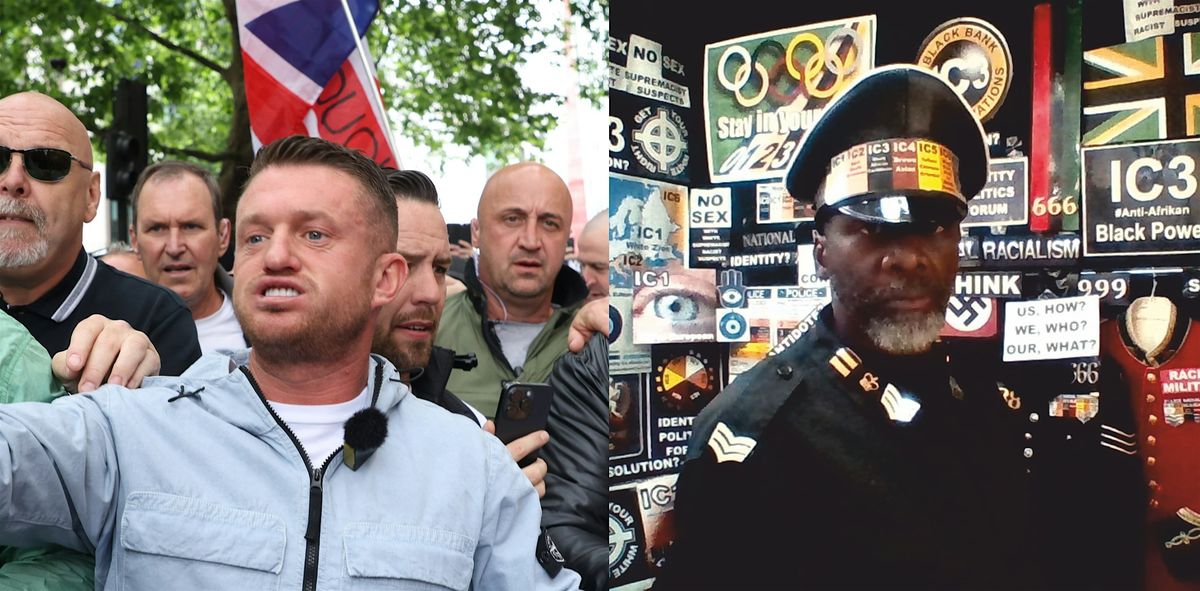
About this Event
The ADEJA Weekly Discussion Meetings in London: A Focus on Reparatory Justice
The African Diaspora Equity and Justice Alliance (ADEJA) hosts weekly discussion meetings around London, where members and guests engage in vibrant conversations, debates, and arguments about critical issues affecting the Black and Mixed-Black communities worldwide. These discussions have recently centered on the contentious figure of Tommy Robinson and the utilization of the mythical John Canoe/Junkanoo, dubbed the "Reparation Fascist," as the international legal personality for delivering reparatory justice. The overarching aim is to address and settle the human rights question for those classified as Black and Mixed-Black.
John Canoe/Junkanoo and the Concept of Racial Rights
John Canoe, also known as Junkanoo, is a mythical figure repurposed by ADEJA as a "Reparation Fascist" — a provocative term designed to encapsulate the fierce dedication to achieving reparatory justice. John Canoe's assertion, "Racial rights are human rights," underscores the necessity of recognizing racial identity as fundamental to delivering reparatory justice. This perspective argues that reparations cannot be effectively addressed without acknowledging the unique racial injustices faced by Black and Mixed-Black individuals.
Celebrating John Canoe's Birthday and Launching a Global Initiative
ADEJA plans to celebrate John Canoe's birthday on November 9th (9/11), a symbolic date chosen to launch an international Black entity dedicated to delivering reparatory justice by 2025. This event aims to unify efforts and amplify the voices advocating for historical justice and equity.
Hot Debates: Group A vs. Group B
The discussions have been particularly heated between two factions: Group A and Group B.
Group A: Advocating for an Alliance with Tommy Robinson
Group A believes in forming an alliance with Tommy Robinson and other movements that recognize the concept of a White race. They argue that such alliances are essential for defending and conserving racial rights, which they see as integral to the identity and property ownership. They assert that:
- Racial rights are fundamental to identity, which is crucial for property ownership. Without identity, there can be no claim to property.
- Alliances with groups recognizing racial distinctions can strengthen the ideological foundation for reparatory justice.
- Such collaborations can amplify the message that attacks on racial rights are attacks on identity and, by extension, property rights.
Group B: Cautious Approach to Alliances
Conversely, Group B insists on caution. They argue that any alliance with Tommy Robinson should only be considered if his movement formally recognizes the establishment of an international legal personality for reparatory justice. They highlight the historical and ongoing injustices faced by Black people in the UK and globally. They believe that:
- The history of oppression and the current state of Black people worldwide must be acknowledged and addressed before forming such alliances.
- Any collaboration should not compromise the integrity and goals of the reparatory justice movement.
Understanding Identity and Property Ownership
The concept of identity is critical in these discussions, as it is seen as a necessary aspect of owning property. Without a clear identity, individuals are unable to assert their rights and claims to reparations effectively. This notion is deeply intertwined with the historical context of slavery, where slaves were stripped of their identities and, consequently, their rights to property and personhood.
What is a Reparation Fascist?
The term "Reparation Fascist" used to describe John Canoe is intentionally provocative. It denotes an unwavering commitment to reparatory justice, with a focus on reclaiming identity, property, and dignity for those classified as Black and Mixed-Black. This term emphasizes a radical approach to achieving justice, which may involve controversial alliances and strategies.
The Role of Reparation Nation Limited
The ADEJA movement is financed by Reparation Nation Limited, an organization dedicated to supporting efforts for reparatory justice. This funding ensures that ADEJA can pursue its goals effectively, including organizing weekly discussions, launching international initiatives, and engaging in legal and political advocacy.
Exploring Human Rights and Racial Rights
Human rights are universally recognized rights inherent to all individuals, regardless of race, nationality, or ethnicity. These rights include the right to life, liberty, and security, as well as freedom from discrimination. Racial rights, on the other hand, are specific to the recognition and protection of individuals' rights based on their racial identity. These rights are crucial for addressing historical and systemic injustices faced by racial minorities.
Legal Frameworks: Human Rights Act, UK Bill of Rights, and ECHR
Several legal frameworks support human rights and racial rights:
- Human Rights Act (HRA): The HRA incorporates the European Convention on Human Rights (ECHR) into UK law, ensuring that individuals can seek redress for human rights violations within the UK legal system.
- UK Bill of Rights: Proposed reforms to the HRA, aiming to give UK courts more authority and reduce reliance on the European Court of Human Rights.
- European Convention on Human Rights (ECHR): An international treaty to protect human rights and fundamental freedoms in Europe, influencing many legal systems, including the UK's.
ADEJA's Vision and Tommy Robinson
ADEJA's mission is to advance the well-being and empowerment of Black and Mixed-Black individuals through evidence-based reparatory claims. Understanding the background of Tommy Robinson, a controversial figure known for his anti-Islam views and association with far-right groups, is essential. While his recognition of racial identity may seem aligned with ADEJA's goals, his history and the potential for ideological conflicts pose significant challenges.
Arguments for and Against Alliance with Tommy Robinson
Pros for Alliance:
- Ideological Synergy: Both movements recognize the importance of racial identity.
- Amplified Voice: Collaboration could strengthen advocacy for racial rights.
- Strategic Benefits: Potentially gaining broader support and visibility.
Cons for Alliance:
- Ideological Conflicts: Robinson's history may conflict with ADEJA's goals.
- Credibility Risk: Association with a controversial figure could damage ADEJA's reputation.
- Potential Compromises: Risk of compromising core values for strategic gains.
International Legal Personality
An international legal personality refers to an entity recognized by international law as having rights and obligations. For ADEJA, this means establishing a Black entity capable of representing and advocating for the rights and reparations of Black and Mixed-Black individuals globally.
Mythical Character and History of John Canoe/Junkanoo
John Canoe, or Junkanoo, is a figure from Caribbean folklore, often associated with festive celebrations. ADEJA reimagines him as a symbol of resilience and justice, embodying the struggle for reparations and the recognition of racial rights.
UK Protected Characteristics
The UK recognizes several protected characteristics under the Equality Act 2010, including race, which is crucial for preventing discrimination and promoting equality. Any attempt to dismantle race as a protected characteristic is seen as a threat to national security, as it undermines the legal framework ensuring social cohesion and justice.
Why Race Matters for UK National Security
Race is integral to national security as it underpins the legal and social structures that maintain order and justice. Recognizing racial identity helps address historical injustices and prevent social unrest. ADEJA argues that dismantling racial protections could lead to significant societal instability.
John Canoe/Junkanoo as an International Legal Personality
John Canoe represents a powerful symbol for ADEJA's mission. His mythical status and reimagined role as a Reparation Fascist make him an ideal figure for rallying international support for reparatory justice.
Utilizing UK Race Codes
ADEJA advocates using the UK race codes to clarify identity for reparatory justice. These codes provide a standardized method for identifying individuals' racial backgrounds, crucial for processing reparatory claims and ensuring justice is accurately delivered.
The John Canoe Race Map and Chart
John Canoe's race map and chart are tools designed to work with the UK race system, providing a visual and systematic approach to identifying and classifying racial identities. These tools are intended to facilitate the delivery of reparatory justice by clearly delineating racial backgrounds.
Working with the UK Government and British Values
ADEJA aims to align its efforts with the UK government's values, particularly in its historical efforts to abolish the slave trade. Supporting ADEJA's mission aligns with British values of justice, equality, and human rights.
Pros and Cons of Tommy Robinson and John Canoe Working Together
Pros:
- Increased Visibility: Joint efforts could bring more attention to racial rights issues.
- Potential for Broader Support: Alliances may attract support from diverse groups.
- Strategic Leverage: Collaborations could enhance political and social influence.
Cons:
- Ideological Mismatches: Fundamental differences in values and goals.
- Risk to Credibility: Association with controversial figures may harm ADEJA's reputation.
- Compromised Goals: Potential need to compromise on key principles for strategic alliances.
Conclusion
The ADEJA weekly discussion meetings in London provide a vital platform for exploring complex and contentious issues surrounding reparatory justice for Black and Mixed-Black individuals. The debates around alliances, identity, and legal strategies highlight the multifaceted nature of this mission. As ADEJA prepares to celebrate John Canoe's birthday and launch a global initiative, these discussions underscore the importance of unity, strategic alliances, and unwavering commitment to justice. The journey towards reparatory justice is fraught with challenges, but with a clear vision and dedicated efforts, ADEJA aims to make significant strides in delivering justice and equity by 2025.
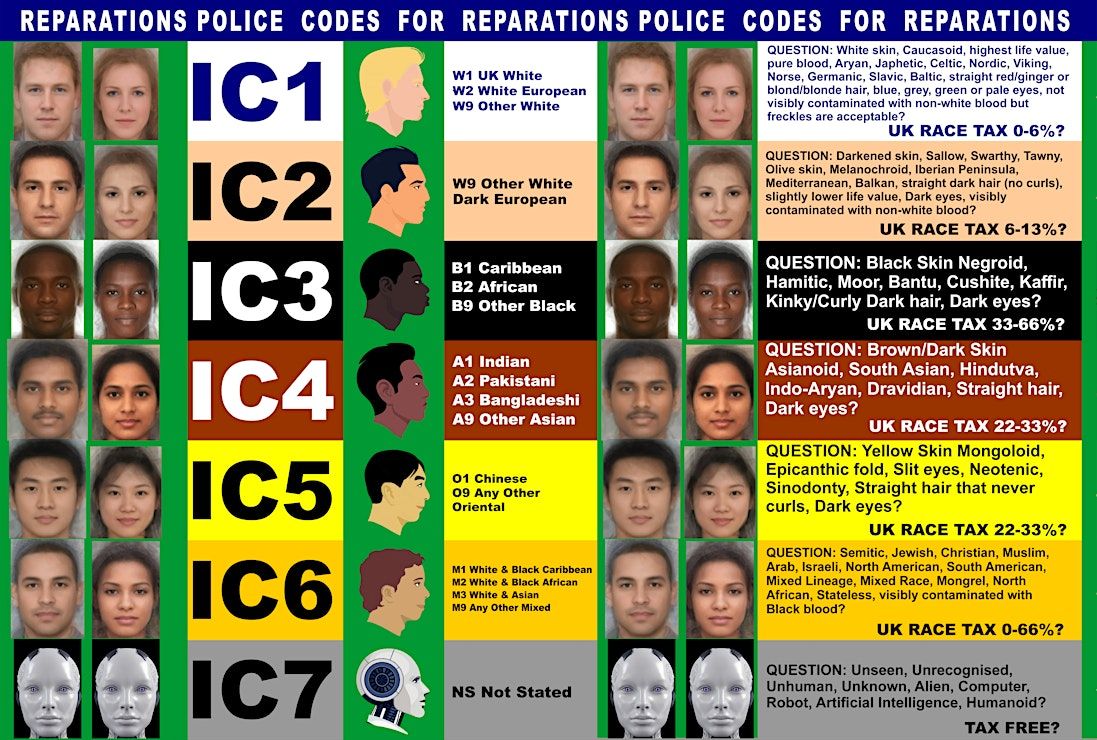
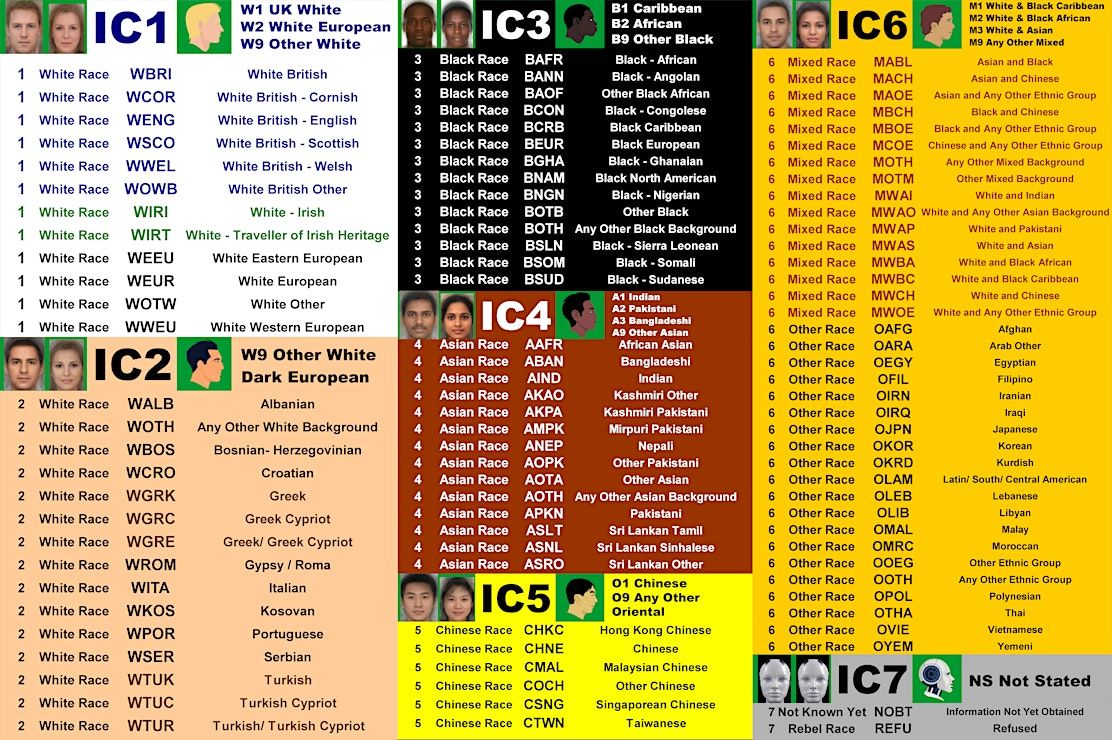
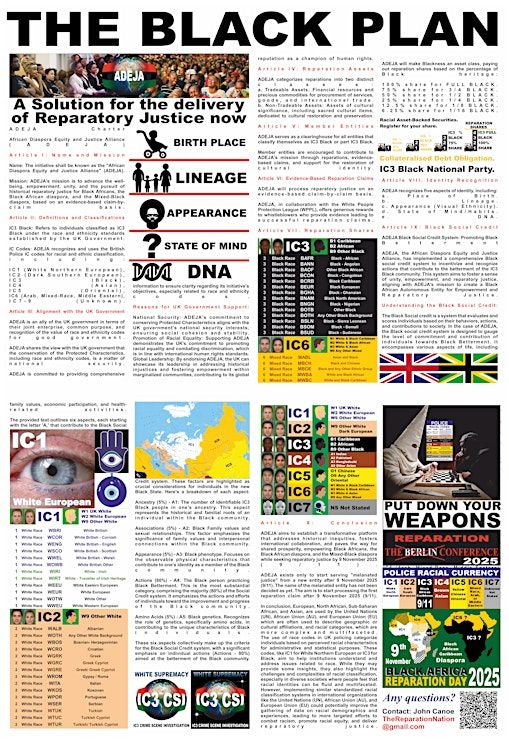
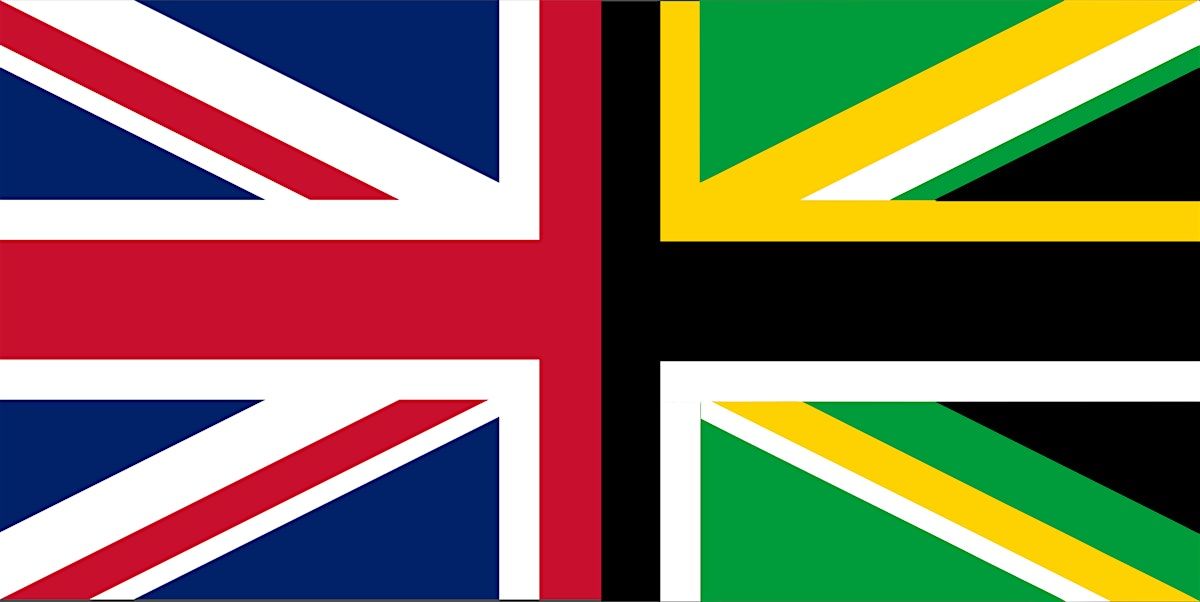

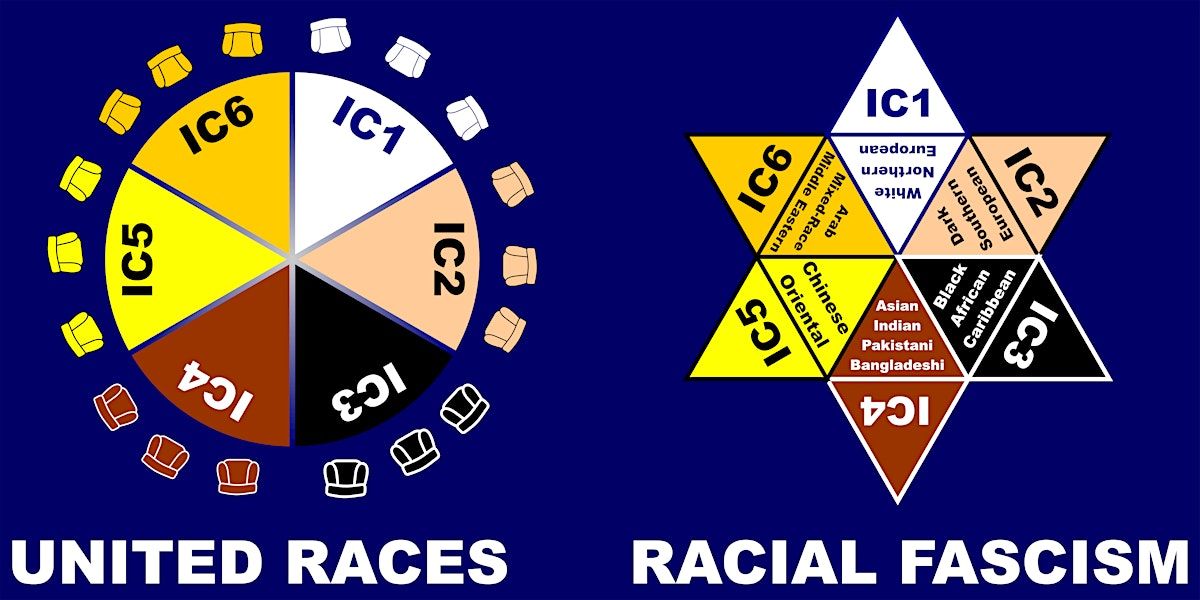
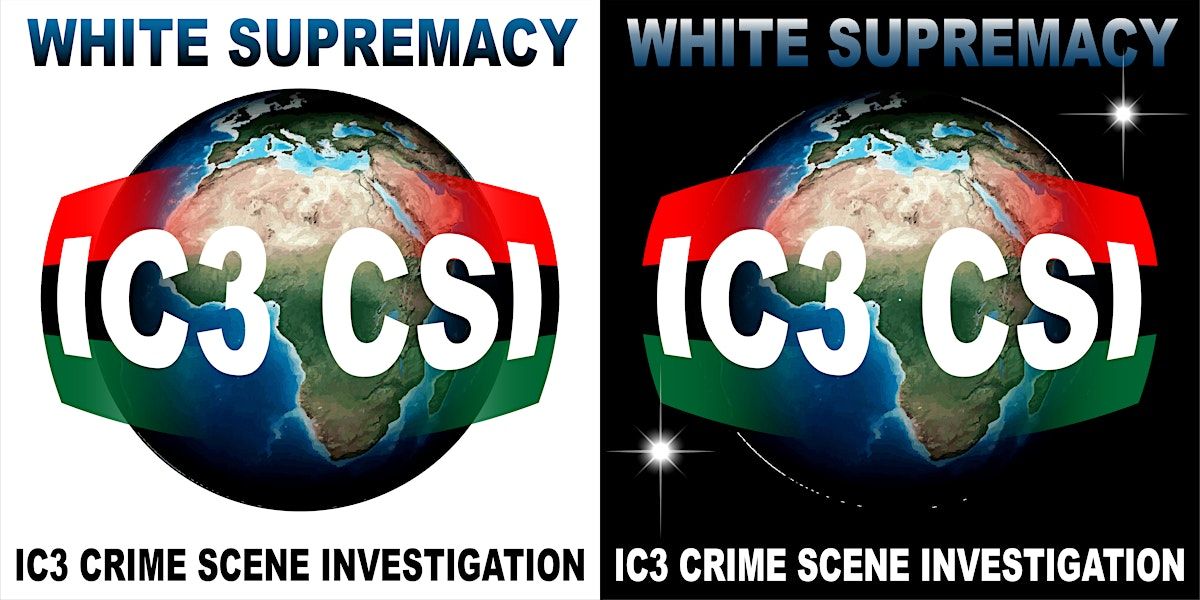


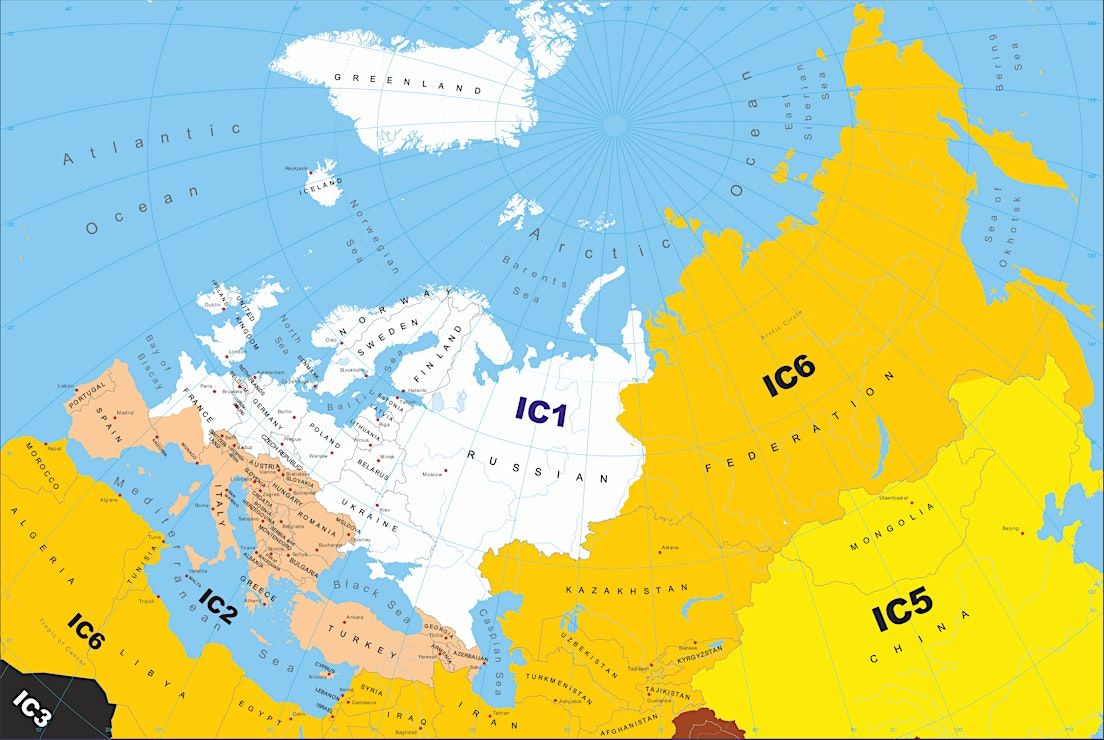
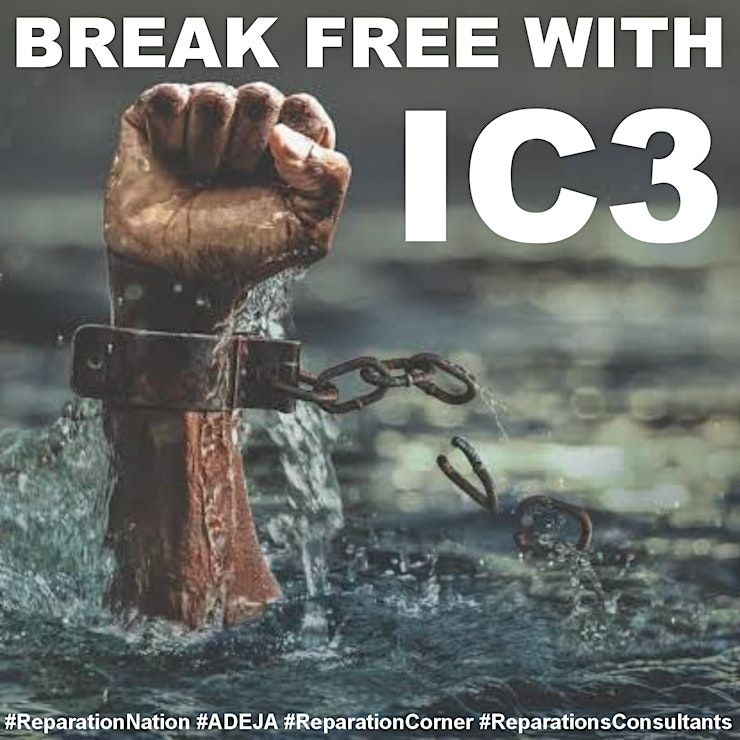
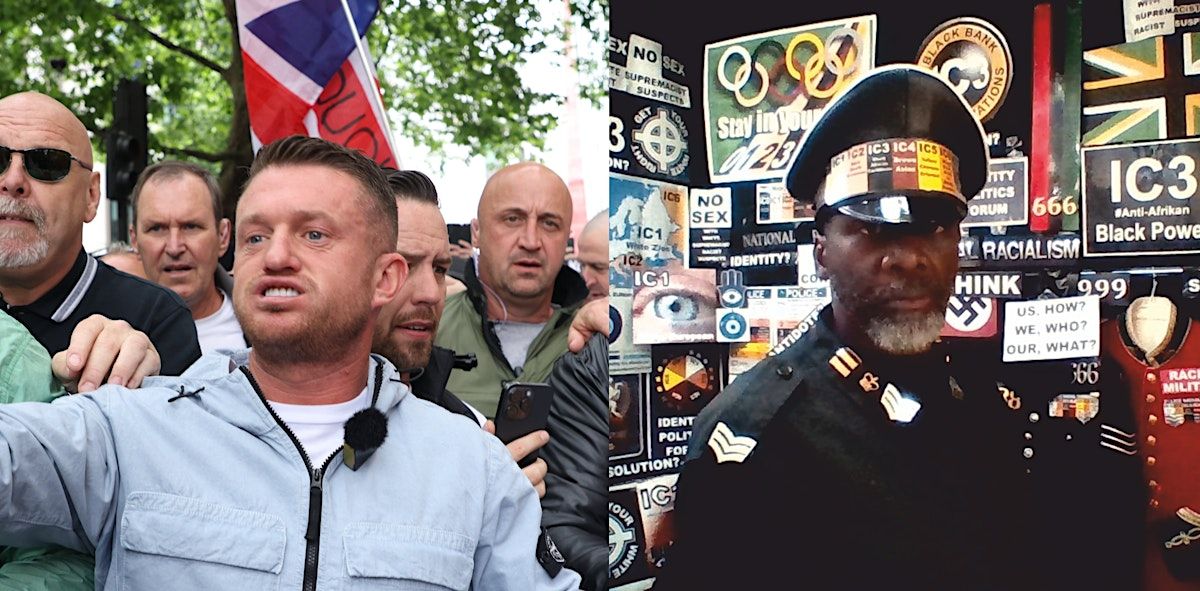
Here's a more exhaustive list of countries and recognized entities that officially recognize the "White race" through their census or demographic data collection practices, including additional sources for each:
United States
- Census Bureau: The category "White" refers to individuals having origins in any of the original peoples of Europe, the Middle East, or North Africa. This classification is used in various government surveys, including the decennial census and the American Community Survey (ACS) (Census.gov) (Wikipedia).
United Kingdom
- Office for National Statistics (ONS): The UK census includes "White" as a category with subcategories such as "White British," "White Irish," and "Other White" to capture detailed population data (Wikipedia).
Canada
- Statistics Canada: The Canadian census includes "White" as a racial category, generally referring to individuals with European ancestry. This is part of Canada's broader effort to understand its ethnic diversity (Wikipedia).
Australia
- Australian Bureau of Statistics (ABS): The Australian census includes the category "Australian European" or "White" to describe individuals of European descent, used for monitoring demographic changes and planning services (Census.gov).
New Zealand
- Statistics New Zealand: The New Zealand census includes a "European" category, which encompasses individuals of European descent, often referred to as "Pākehā" in local terms (Census.gov).
South Africa
- Statistics South Africa: The South African census includes "White" as one of its racial categories, reflecting the country’s historical and contemporary demographic realities (Wikipedia).
Brazil
- Brazilian Institute of Geography and Statistics (IBGE): The Brazilian census includes "Branco" (White) as one of its racial categories, acknowledging the country's diverse ethnic composition (Wikipedia).
Mexico
- Instituto Nacional de Estadística y Geografía (INEGI): The Mexican census includes a category for "White" (Blanco) as part of its racial and ethnic data collection (Wikipedia).
Argentina
- Instituto Nacional de Estadística y Censos (INDEC): The Argentine census includes a category for "White" to describe individuals of European descent (Wikipedia).
Chile
- Instituto Nacional de Estadísticas (INE): The Chilean census includes a category for "White" to capture data on individuals of European descent (Wikipedia).
Other Recognized Entities<h4>European Union</h4>
- Eurostat: While the European Union does not typically collect data on race in the same way as the US, UK, or Canada, various member states include categories for "White" or similar terms to describe individuals of European descent in their national censuses and surveys. For example:
- France: Does not officially collect data on race or ethnicity, reflecting a policy of color-blindness. However, demographic studies and private surveys often include "White" as a category (Wikipedia).
- Germany: Uses terms like "European" or "Caucasian" in demographic surveys and studies but does not officially classify by race in its census (Wikipedia).
- United Nations: While the UN does not collect racial data in the same way national censuses do, it supports the collection of demographic data, including racial and ethnic information, to help monitor and promote human rights and development goals globally (Wikipedia).
Other Countries with Racial/Ethnic Data Collection
- Colombia: Includes "White" as a category in its national census to describe individuals of European descent (Wikipedia).
- Peru: Uses categories such as "White" to capture ethnic diversity in its national census (Wikipedia).
- Venezuela: Recognizes "White" as a racial category in its demographic data collection efforts (Wikipedia).
Additional Countries and Entities
- Portugal: The Portuguese census includes a category for "White" to capture demographic information related to individuals of European descent (Wikipedia).
- Italy: Although Italy does not formally collect racial data, various studies and demographic reports include "White" as a category to describe individuals of European ancestry (Wikipedia).
- Spain: Similar to Italy, Spain's census and demographic studies often include "White" as a category to describe individuals of European descent (Wikipedia).
- Russia: The Russian census includes ethnic categories that encompass "White" individuals, reflecting the country's diverse population (Wikipedia).
These classifications help in policy-making, understanding social dynamics, and addressing issues related to race and ethnicity in these countries and entities.
Event Venue & Nearby Stays
Speakers' Corner, Speakers' Corner, London, United Kingdom
GBP 0.00












